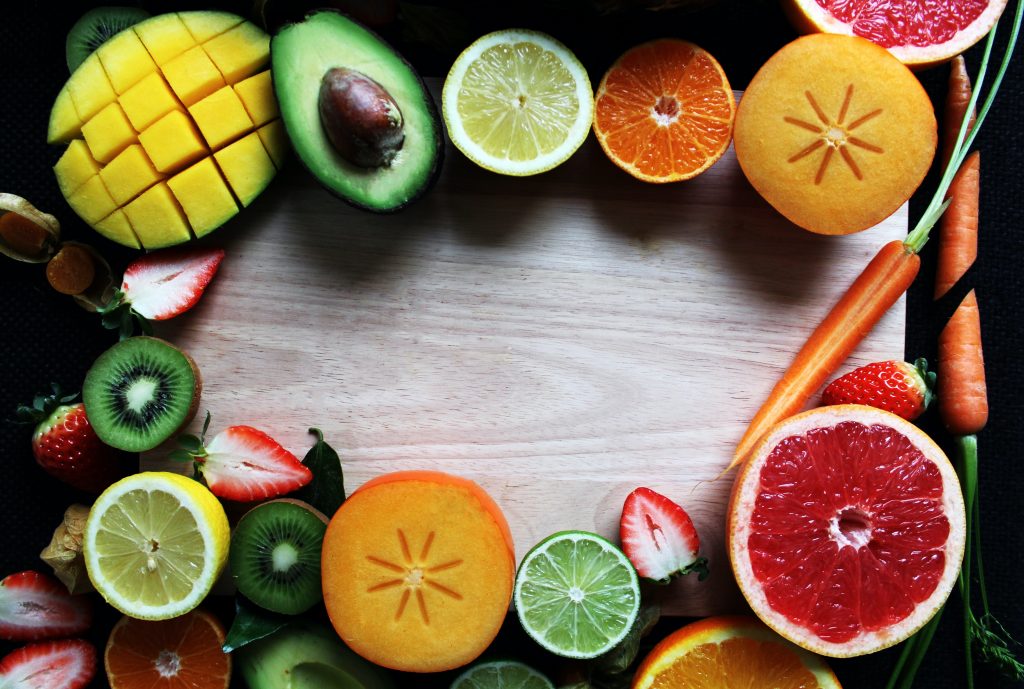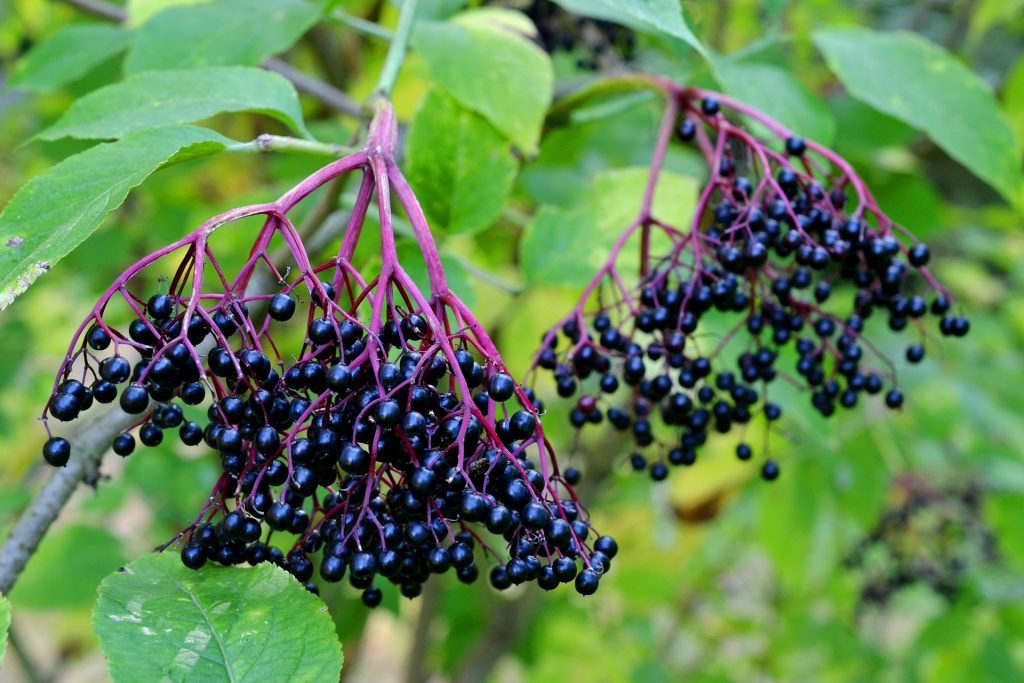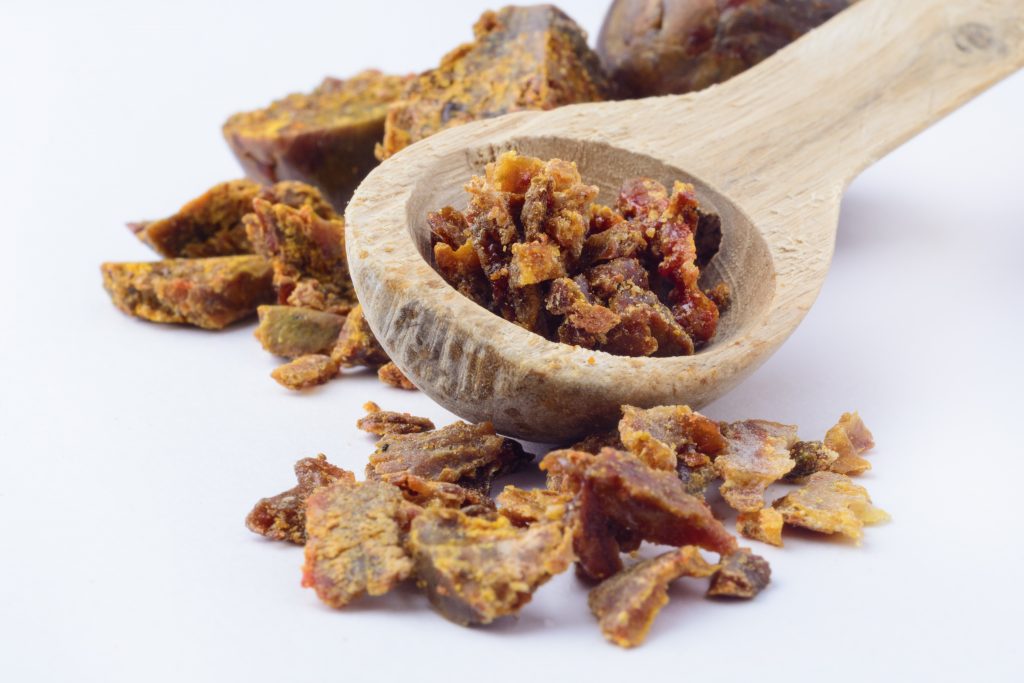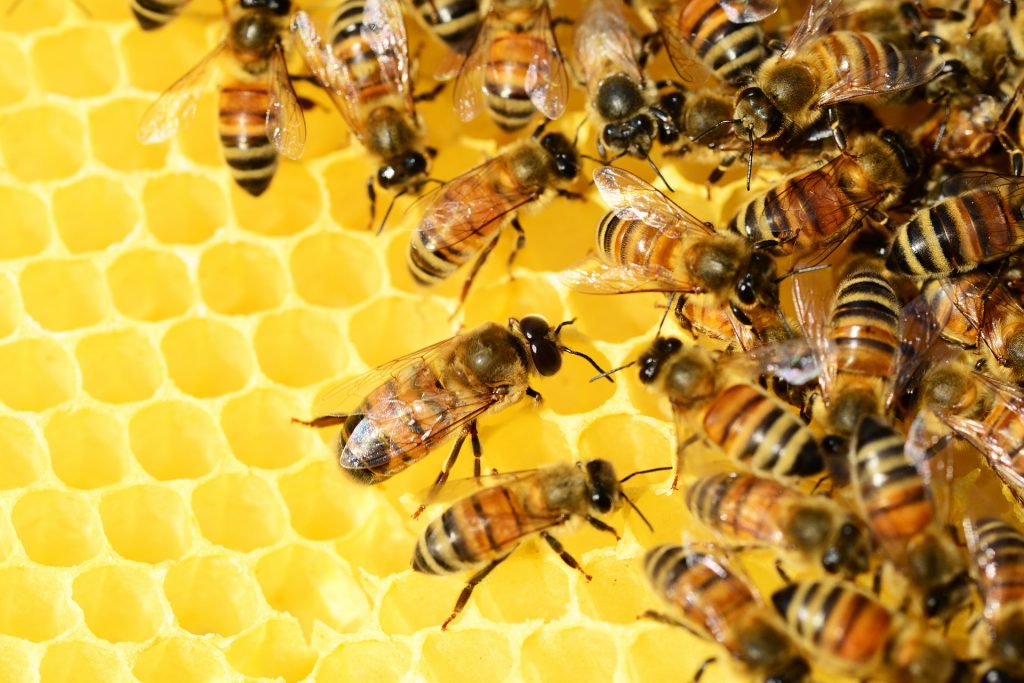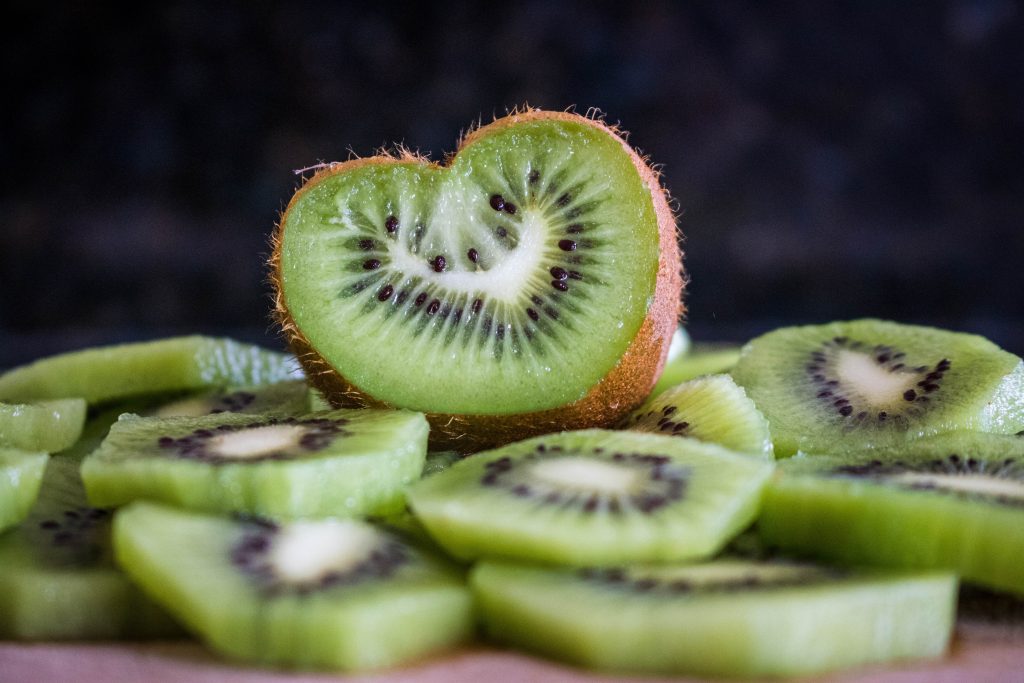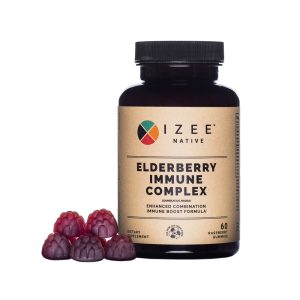Boosting the Immune System
With COVID cases still on the rise, and an increase of flu and cold symptoms approaching with the winter season, many of us are looking at ways to support our immune system.
So what can we do to make sure we don’t get sick in the middle of a global pandemic?
It starts with:
- getting a restful night’s sleep (this is number one for me in my self-care routine)
- eating a wholesome and balanced diet
- exercising regularly
- reducing stress (or finding healthy coping mechanisms for unavoidable stressors)
- drinking alcohol in moderation
- and quitting smoking tobacco
For some, this list includes some major life changes. With anxiety levels at an all time high right now, maybe you are at a loss for where to start in all this health craze. Let me help you out and let’s choose one healthy habit from the list and break it down.
Let’s take a look at a balanced diet. If you’re here, chances are you care about your health and probably know some of the basics of eating well. With that said, it can be hard to fit in all these nutrients into our schedules, which is why we turn to our native plant remedies in supplement form to help us out. Four natural remedies I want to shine light on today for immunity support are:
- Echinacea
- Elderberry
- Propolis
- Vitamin C
These four simple ingredients are what make up Izee Native’s Elderberry Immune Complex, which comes in gummies and honestly they are so delicious.
Let’s research each ingredient so you can make the best decision for you and your body and if you think it can be helpful in supporting your immune system this season.
Echinacea Extract- What is it?
This purplish pink, daisy-like flower is native to North America. The Great Plains Indian tribes used it as a traditional herbal remedy for over 400 years. This hearty herb is heat and drought resistant, thriving in prairies and open wooded areas.
Echinacea- Historical Remedies
The use of the plant from traditional healers ranges from external application for wounds, burns and insect bites to the chewing of roots for toothache and throat infections. The internal application was for pain, coughs, stomach cramps and snake bites.
This medicinal plant also drew interest from white settlers. The first echinacea preparation, known as Meyers Blood Purifier, arrived on the market around 1880, claiming to be a cure-all from snakebite to typhoid fever.
Prior to 1950 and the introduction of antibiotics, echinacea held an esteemed medicinal status. As the healthcare industry shifted, antibiotics became the rage, and the now famed herb lost much of its glory. Fortunately, the medicinal herb traveled to Germany, where it has been studied and used for the last 50 years.
In Germany the government regulates herbs. The above-ground parts of echinacea are approved to treat colds, upper respiratory tract infections, urinary tract infections, and slow-healing wounds. The root of the echinacea plant is also approved for the treatment of flu-like infections.
Echinacea for Immunity
In this paragraph, you’ll read about what echinacea is best known for: its beneficial effects on the immune system. Firstly, research shows it increases the number of white blood cells, which fight infections.
Secondly, numerous studies have found that this plant may help your immune system fight infections and viruses, helping you to recover faster from illness (1, 2, 3).
In fact, a review of 14 studies found that taking echinacea may lower the risk of developing colds by more than 50% and shorten the duration of colds by one and a half days (4).
Let’s look at the next plant ally for immunity support, black elderberry.
Black Elderberry Extract
In case you missed our blog on elderberry, you can find it here, which goes in to the beautiful plant’s fanciful history, uses, and health benefits. I’ll highlight just one out of the many health benefits of elderberry, and that is the medicinal herb may improve cold and flu symptoms.
In one randomized study of 60 adults with flu-like symptoms, those who took 15 mL of the elderberry syrup four times a day saw symptoms clear up on average four days earlier than those who took a placebo syrup (5).
Another study tested its effectiveness in air travelers. Those who took the elderberry syrup had a shorter duration of cold symptoms, which were less severe than the control group (6).
Next up in our immunity boosting formula is propolis.
Propolis- What is it?
Propolis is a natural resin that honey bees collect from trees. Bees use propolis to seal their hives, protecting the colony from weather conditions or possible invaders such as ants, lizards or snakes. It has strong antibacterial properties and has been used for centuries across the globe.
Propolis- Ancient Remedies
Ancient civilizations used propolis for a variety of medicinal purposes. For example, Egyptians used it to embalm mummies while the Incas used it to reduce fevers. While Greek and Roman physicians used it as a mouth disinfectant along with an antiseptic for wound treatments.
In the 17th century, propolis was listed as an official drug in London and became popular throughout Europe for its antibacterial activity. In Italy, bee glue was used as a violin varnish by Stradivari- regarded as one of the greatest violin makers in history.
At the end of the 19th century, propolis was widely used due to its healing properties. In the Second World War it was employed in several Soviet clinics for tuberculosis treatment, due to the observed decline of lung problems and appetite recovery. In the Balkan states, propolis was applied to treat wounds and burns, sore throat, and stomach ulcers.
Nowadays, you’ll see it at health food stores as a natural remedy. There are several modern day benefits, which I will describe next.
Propolis- Modern Day Uses
Research has found that propolis has over 300 compounds- the majority being polyphenols. Polyphenols are antioxidants that fight disease and damage in the body.
Propolis is also believed to have antibacterial, antiviral, antifungal, and anti-inflammatory properties. These are all great characteristics for supporting our immune systems and staying healthy through the cold and flu season. Not to mention, it is also used for treatment of wounds and cold sores.
And on to our final ingredient of the immunity blend…
Vitamin C Benefits
Many of us are familiar with needing some extra vitamin C when we start to feel sick. Since humans don’t produce vitamin C themselves, it is vital that we get this nutrient from food sources.
Vitamin C is necessary for the growth, development, and repair of all body tissues. It involves many body functions- including the formation of collagen, absorption of iron, proper functioning of the immune system, wound healing, and the maintenance of cartilage, bones, and teeth.
All of these benefits contribute to why Elderberry Immune Complex has a 70mg boost of vitamin C.
The Takeaway
In conclusion, a lot of research still needs to be done on how our immune systems affect our daily life. However, I can say with confidence that eating well and taking care of my body has made a drastically positive affect on my overall well-being. With that said, I wish the best for you and your health through the holiday seasons. Stay warm, stay cozy, and let us know what you think of this tasty blend!

